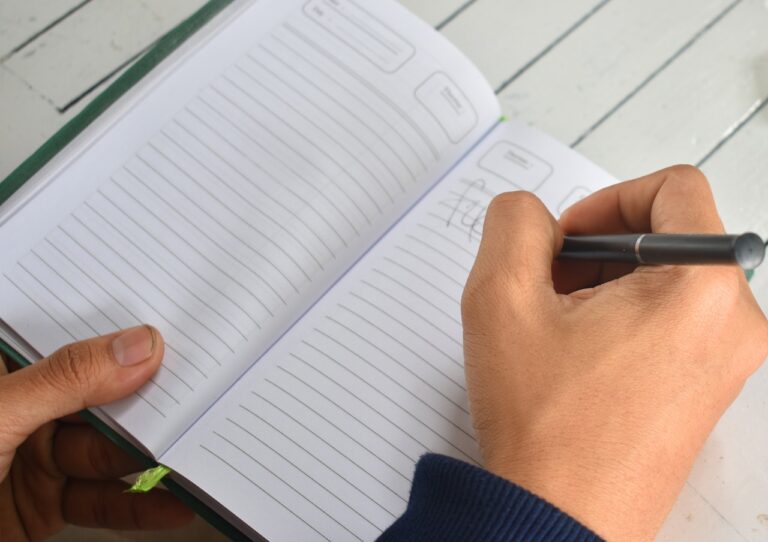Eco-friendly School Supplies: Promoting Sustainability in Education
When it comes to selecting school supplies for the academic year, opting for sustainable options can significantly reduce the environmental impact of our choices. By choosing eco-friendly materials such as recycled paper, non-toxic crayons, and reusable water bottles, we contribute to the conservation of natural resources and the reduction of waste production. These small changes in our purchasing decisions can have a positive ripple effect on the environment for future generations.
Sustainable school supplies not only benefit the planet but also promote the health and well-being of students. With the absence of harmful chemicals present in conventional supplies, students are less exposed to toxins that can affect their cognitive development and overall health. By prioritizing sustainable options, schools can create a safer and healthier learning environment that fosters a sense of responsibility towards sustainability among students and staff.
The Impact of Conventional School Supplies on the Environment
The manufacturing of conventional school supplies contributes significantly to environmental degradation. The production process of these items involves the extraction of raw materials, high energy consumption, and the release of harmful emissions into the atmosphere. Additionally, the disposal of non-biodegradable school supplies often results in them ending up in landfills, where they can take hundreds of years to decompose, further polluting the environment.
Another critical aspect is the packaging of conventional school supplies, which often involves excessive plastic wrapping and use of non-recyclable materials. This not only adds to the plastic waste crisis but also contributes to the depletion of natural resources. Moreover, the transportation of these supplies over long distances further exacerbates their environmental impact, increasing carbon emissions and overall ecological footprint.
Benefits of Using Eco-Friendly School Supplies
Using eco-friendly school supplies benefits both students and the environment. By opting for sustainable materials like recycled paper and non-toxic stationery, students can reduce their carbon footprint and contribute to a cleaner planet. Eco-friendly supplies also promote a healthier learning environment by minimizing exposure to harmful chemicals commonly found in conventional products.
Furthermore, choosing eco-friendly school supplies can inspire a sense of responsibility and environmental stewardship in students. It teaches them the importance of being mindful consumers and empowers them to make choices that align with their values. Ultimately, investing in eco-friendly school supplies not only supports a greener future but also fosters a sense of eco-consciousness among the younger generation.
Using eco-friendly school supplies benefits both students and the environment
Opting for sustainable materials like recycled paper and non-toxic stationery helps reduce carbon footprint
Eco-friendly supplies promote a healthier learning environment by minimizing exposure to harmful chemicals commonly found in conventional products
Choosing eco-friendly school supplies inspires a sense of responsibility and environmental stewardship in students
It teaches the importance of being mindful consumers and empowers them to make choices that align with their values.
Investing in eco-friendly school supplies supports a greener future and fosters eco-consciousness among the younger generation
Why should I choose sustainable school supplies?
Choosing sustainable school supplies helps reduce the negative impact on the environment, promotes eco-friendly practices, and supports companies that prioritize sustainability.
How do conventional school supplies affect the environment?
Conventional school supplies often contain harmful chemicals, non-biodegradable materials, and contribute to deforestation and pollution during manufacturing processes.
What are some benefits of using eco-friendly school supplies?
Using eco-friendly school supplies helps reduce waste, conserves natural resources, supports sustainable practices, and promotes a healthier learning environment for students.







